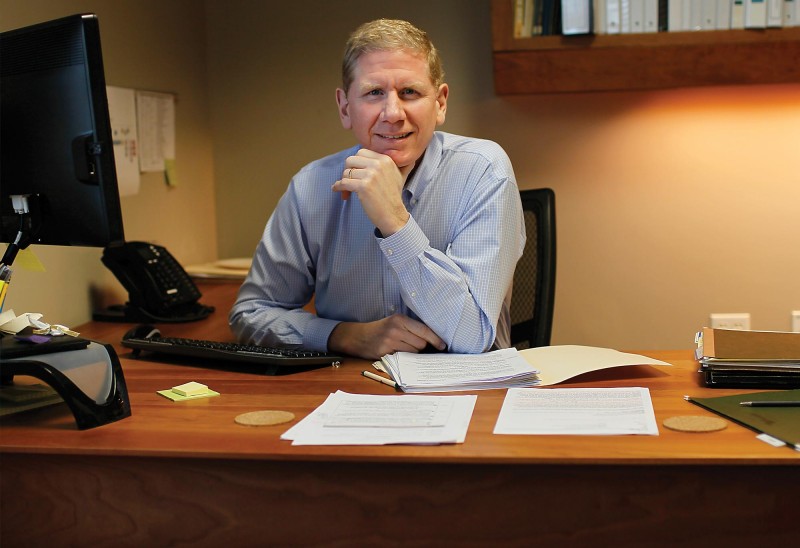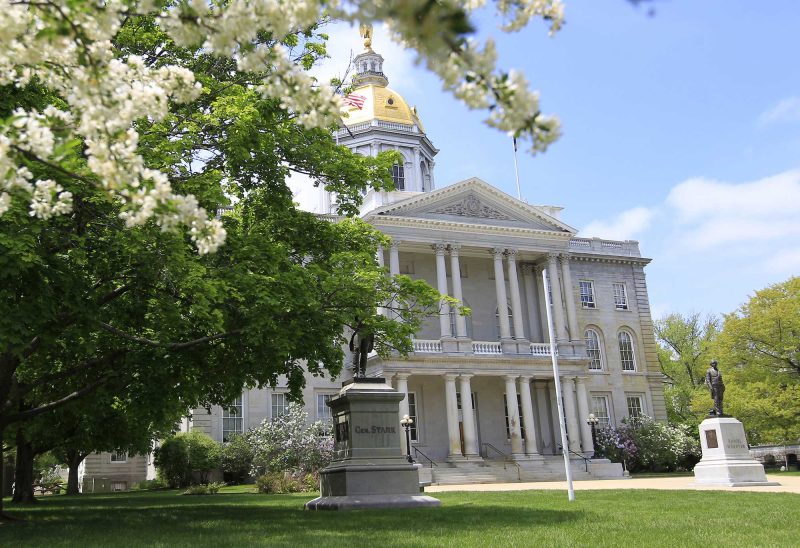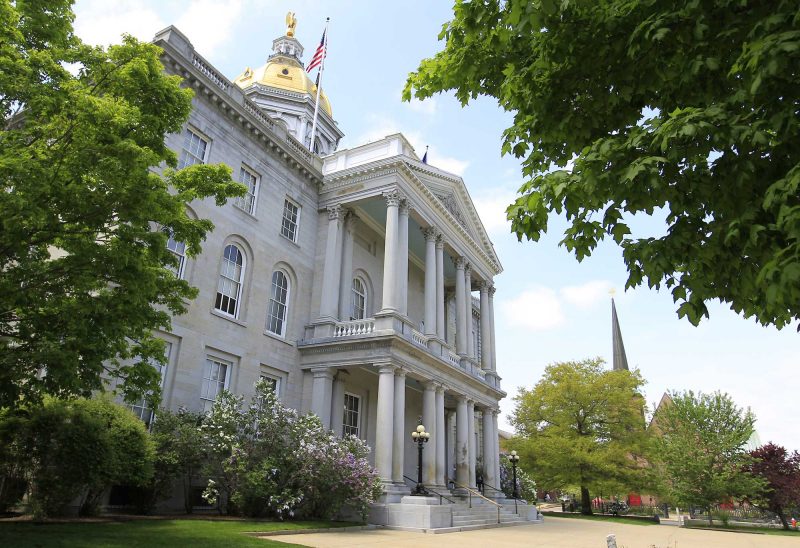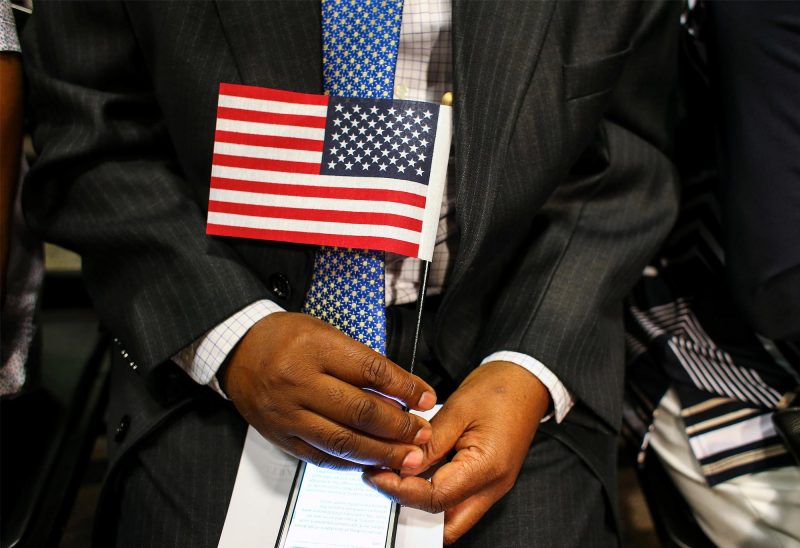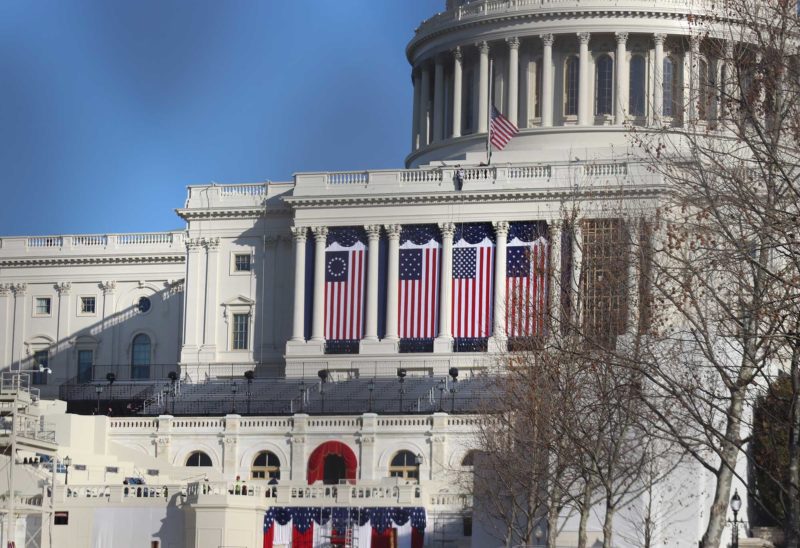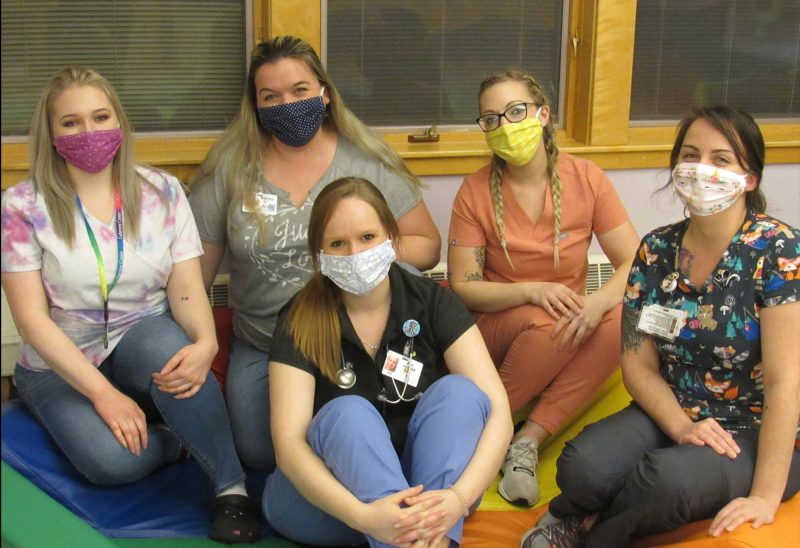Compared to other states, New Hampshire scores well in many measures of well-being. But it’s usually the averages that get the headlines. And averages obscure gaps, inequities and important questions.
The latest NH Civic Health Index from the Carsey School of Public Policy at the University of New Hampshire is a good example. (Visit carsey.unh.edu to read the full report).
It reports that Granite Staters give, vote, volunteer and attend public meetings at relatively high levels. Most of us feel we matter to our communities and can make a difference. That’s all good.
A deeper look into the data and Carsey’s analysis, however, raises important questions:
- As a state we rank 5th in connecting with friends and family, but 46th in connecting with people of different racial, ethnic, or cultural backgrounds. How do we build social capital across difference as our communities become ever more diverse?
- We rank 5th for the percentage of people who report giving at least $25 per year to charity. But the data has long shown that New Hampshire is close to the bottom among states in average giving as a percentage of income. How do we better match our generosity to our capacity to give?
- People with more moderate incomes help their neighbors and contact public officials more frequently than people with higher incomes, but are less likely to vote. Why?
- Education is the best predictor of civic engagement, and high inmigration in previous decades helped improve our ranking as a well educated state overall. But other studies show that the capacity of our public K-12 systems varies widely by district because of inequitable funding, and we rank 50th in funding higher education. How can we ensure that everyone receives a world-class public education, no matter what district they live in?
We didn’t need a report to tell us about rising polarization, disinformation and caustic rhetoric in recent years. All of that is pervasive. Hate crimes are on the rise. I know people in New Hampshire who have been targeted with racist and sexist comments in the street, online and even in the State House. And declining trust is affecting democracy itself: According to the Pew Research Center, 64 percent of Americans trusted the American people to make good political decisions in 1997. By 2019, that had declined to 34 percent.
Civic health undergirds every issue and is a good in and of itself: People are more productive and happy when they are informed, welcomed and respected. That’s why the Charitable Foundation supports initiatives that provide trusted news, host community conversations, lower barriers to voting, advance civics education, help people understand systemic inequity and racism and more. A partial list is here: www.nhcf.org/civicengagement.
The musician and activist Daryl Davis asks: “Do you want to sit back and see what your country becomes? Or do you want to stand up and help your country become what you want to see?”
If we do the latter, the state we love could also be the healthiest, civics-wise. Let’s aim for that when we get our next civic check-up.

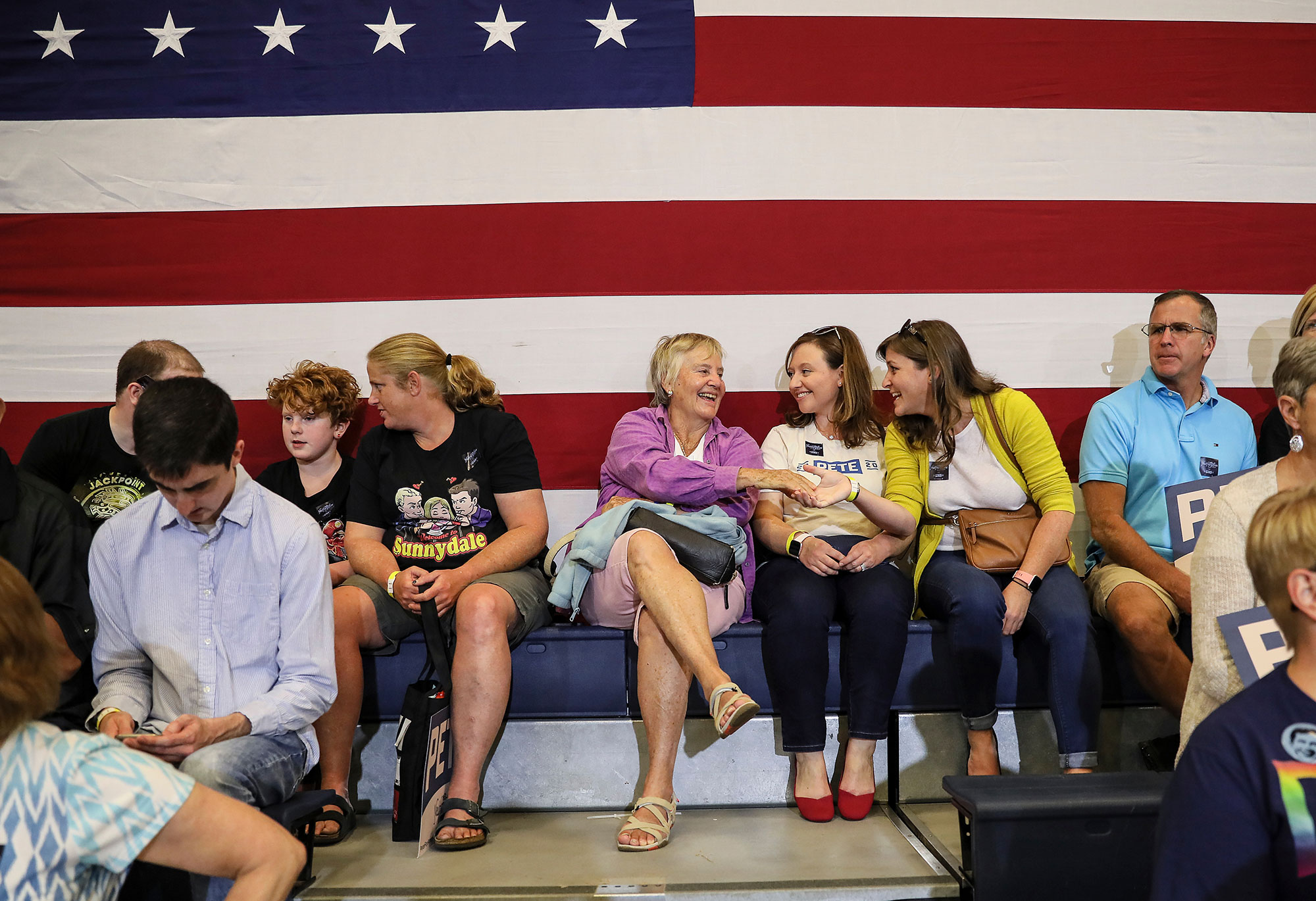






![Charitable Foundation President Dick Ober [Photo by Cheryl Senter]](https://www.nhcf.org/wp-content/uploads/2023/12/dick-ober-purpose-fall-winter-2023-800x548.jpg)
